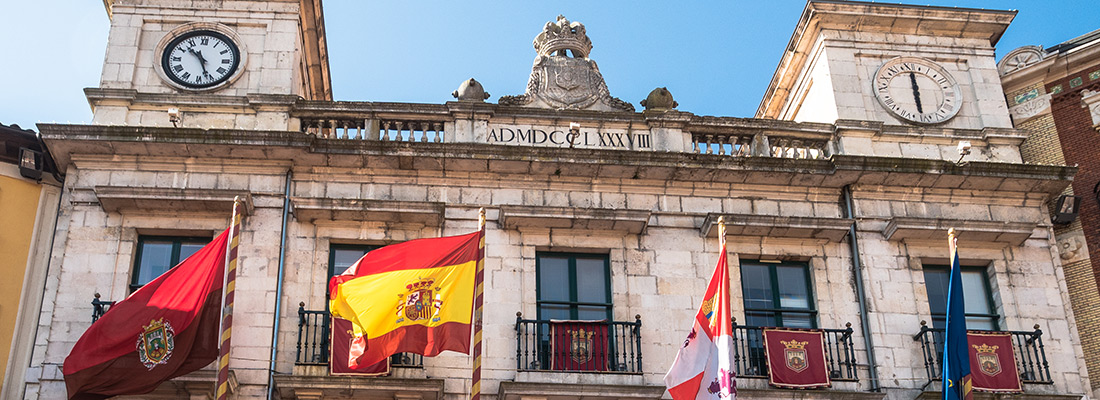
Current Common Good Municipalities
More and more municipalities and cities are working for sustainable global development. Yet, few administrations have found a way to systematically assess and improve their own sustainability performance. The ECG model can offer new paths by offering easy principles and tools for cities and municipalities.
Cities
- In Barcelona, the district Horta-Guinardó compiled its first Common Good Balance Sheet in 2016, before it decided to also promote private companies, ten of which were certified in 2019.
- In Stuttgart, Germany, two city-owned enterprises have completed Common Good Balance Sheets in 2018. The city itself has hired a staff person solely dedicated to implementing ECG and is subsidizing private businesses that draw up a Common Good Balance Sheet.
- Mannheim is following with four companies.
- Austria’s capital city of Vienna promotes private businesses in its Ökobusiness program and decided to certify a public company in 2020.
- The City of Amsterdam included the ECG next to the Doughnut Economy and the B Corps in its Amsterdam Impact Action Program 2019-2022.
- The City of Münster has decided to do a CGBS for all of its public companies.
Common Good Municipalities
- The first Common Good Municipalities started in 2014 in Italy in Alto Adige (Laas, Mals, Latsch und Schlanders) and Spain (Miranda de Azán and Orendain). In the latter, the entire citizenship was asked whether it wished to go the way of the Common Good Municipality. The participation rate was 90 percent, of which 89.6 percent voted in favour.
- In 2017, the first certified Common Good Municipalities in a German-speaking country are the towns of Mäder and Nenzing in Vorarlberg, in Austria.
- In 2018 Kirchanschöring in Bavaria, Germany followed suit.
- It was soon followed by three towns of Klixbüll, Breklum, and Bordelum in North Fresia.
- In February 2019, the city council of Mertzig, Luxemburg unanimously voted to become the country’s first ECG Municipality.
- In 2021, Eschlikon became the first Swiss municipality with a Common Good Balance Sheet.
- The council alliance of the Greens, CDU, and Volt in Cologne, Germany, wants to popularize the Economy for the Common Good and encourage municipal and commercial companies to draw up a Common Good Balance.
- In 2021, Santa Coloma de Querault in Catalonia has decided to become a Common Good Municipality. It adopted an Institutional Declaration on the 29th of April, with the unanimous approval of all political forces, declaring the city’s adherence to ECG’s model and values. Upon seeing the progress achieved, El Bruc decided to become the second Common Good Municipality in the region on July 2022.
Common Good Regions
- In Höxter, Germany, a first ECG foundation has initiated the process of becoming an entire Common Good Region, in which three cities (Steinheim, Brakel, Willebadessen) were certified as Common Good Cities and a dozen private firms have done the CGBS, amongst them a bank. In addition, the ECG model is taught and applied in the whole region of Höxter.
- The region of Wilder Kaiser has drawn up an CGBS in 2019.
- The Region of Burgenland (Austria) has certified its University of Applied Sciences.
- The Region of Baden-Württemberg has ordered the CGBS for the state forest.
National politics
International and national initiatives and legislation are evolving. Find out more about Political Impact and Initiatives.
Become a Common Good Municipality
A city can become a Common Good Municipality by passing a council resolution in support of ECG by creating a Common Good Balance Sheet. Additionally, a municipality can adopt four more approaches, as listed below. Municipalities can supplement and reinforce their activities with their own ideas and initiatives.
Want to learn more about Common Good Municipalities?
